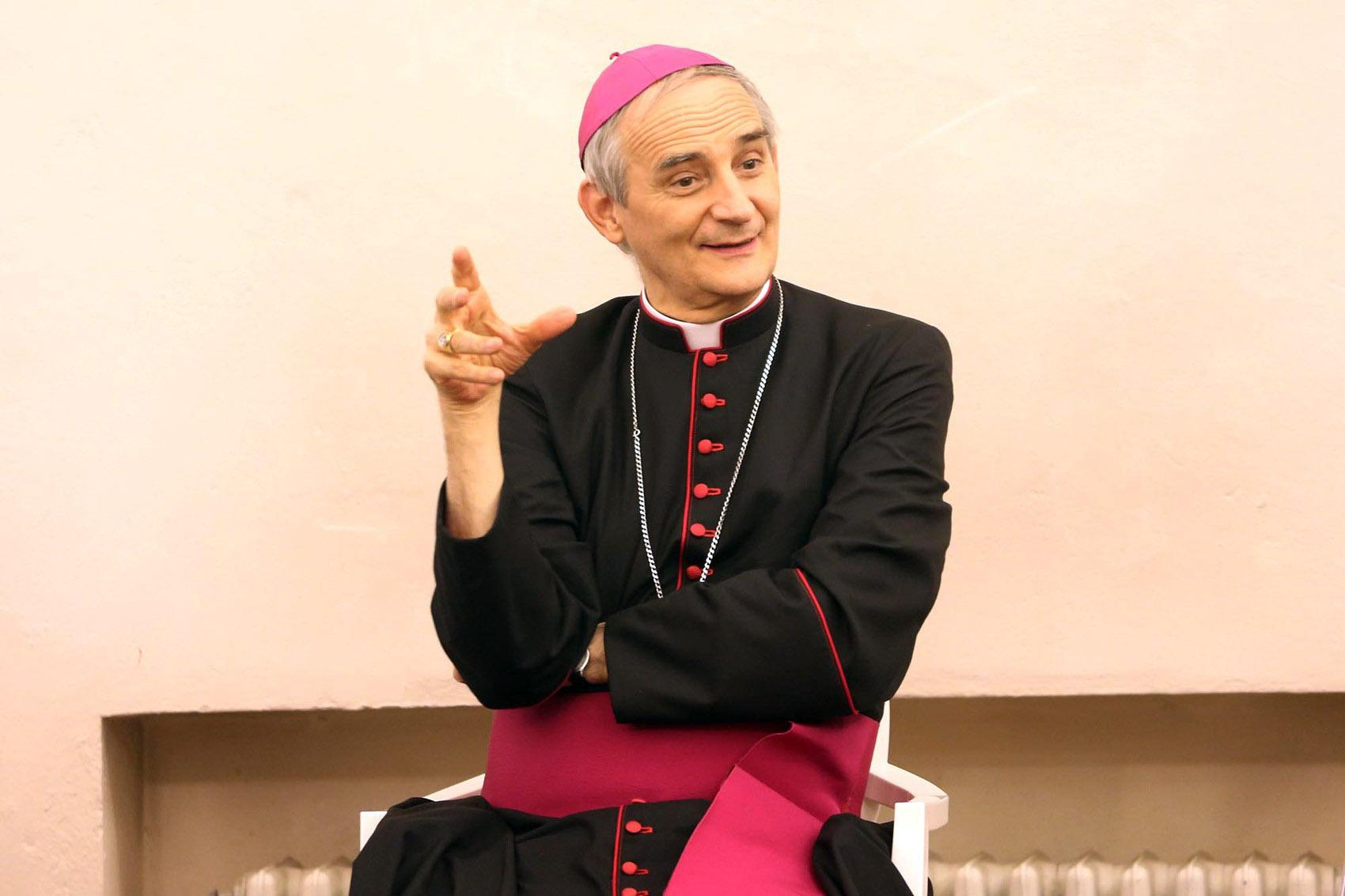ROME – Pope Francis’s personal envoy for the Ukraine-Russia war, Italian Cardinal Matteo Zuppi, is in Washington this week in a bid to advance talks on humanitarian relief and peace efforts, the Vatican announced Monday.
In a communique, the Vatican said that Zuppi would be in Washington from July 17-19 along with an official from the Vatican’s Secretariat of State on Pope Francis’s behalf.
“The visit takes place in the context of the mission aimed at promoting peace in Ukraine and it aims to exchange ideas and view on the current tragic situation and to support humanitarian initiatives to alleviate the suffering of the most impacted and most fragile people, especially children,” the statement said.
Zuppi’s visit to Washington comes after similar, brief visits to both Kyiv and Moscow last month.
RELATED: Pope’s envoy closes Ukraine visit as Kyiv digs in heels on peace plan
He traveled to Kyiv June 5-6, where he met with Ukrainian President Volodymyr Zelenskyy and other top government officials, and later visited Moscow from June 28-29, where he met with officials of the Russian foreign ministry, as well as Russian Orthodox Patriarch Kirill, head of the Moscow patriarchate.
RELATED: Pope’s peace envoy to visit Moscow in wake of aborted insurrection
Zuppi’s visit to the United States also comes days after US President Joe Biden said that as part of their ongoing military support of Ukraine following Russia’s invasion in February last year, they would provide cluster munitions, a controversial weapon banned by more than 100 countries.
Cluster munitions are a method of dispersing a large number of small bombs from a rocket, missile, or artillery shell, thus scattering them over a wide area. However, while they are intended to explode on impact, they are notoriously infamous for having many ‘duds,’ meaning bomblets that do not immediately explode, but can often explode at a later date, posing a great civilian risk.
In response to the United States’ decision to provide Ukraine with cluster munitions, which arrived in the country Thursday, Russian President Vladimir Putin said Russia also has a significant stockpile of the controversial weapon and would use them if Ukraine decides to do so.
The Holy See is among the signatories of a 2008 United Nations convention banning cluster bombs, and has urged other nations to join the agreement.












